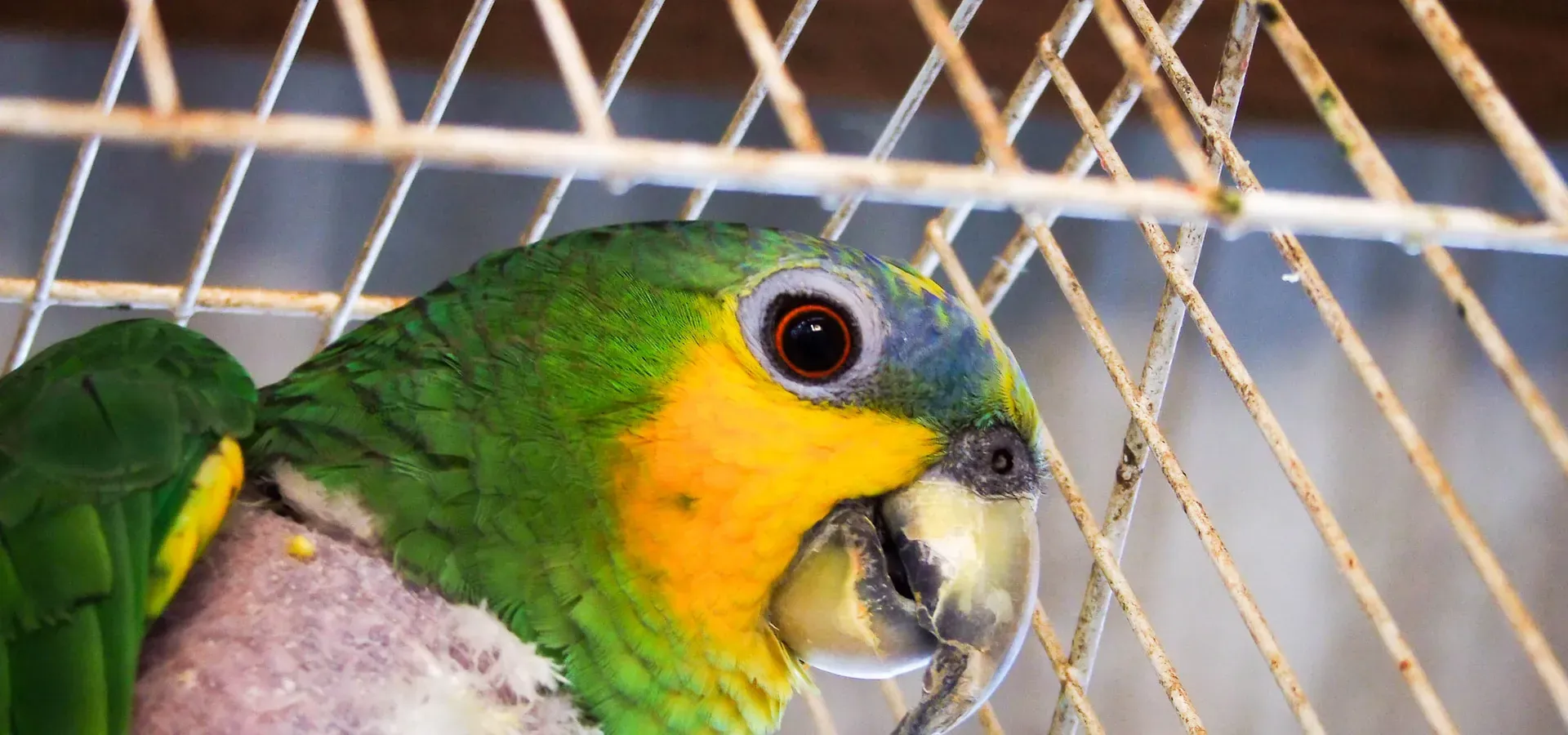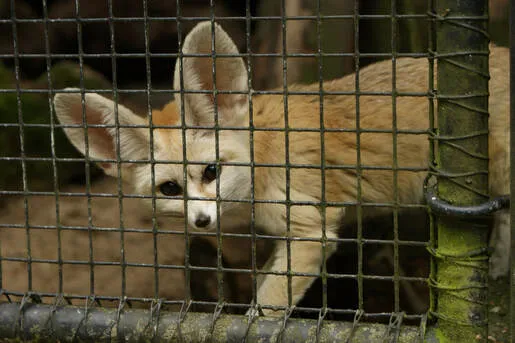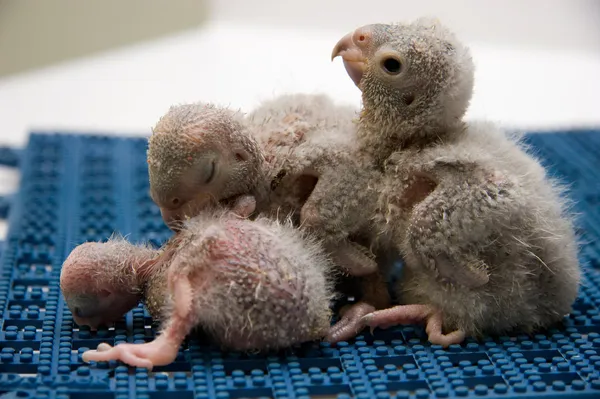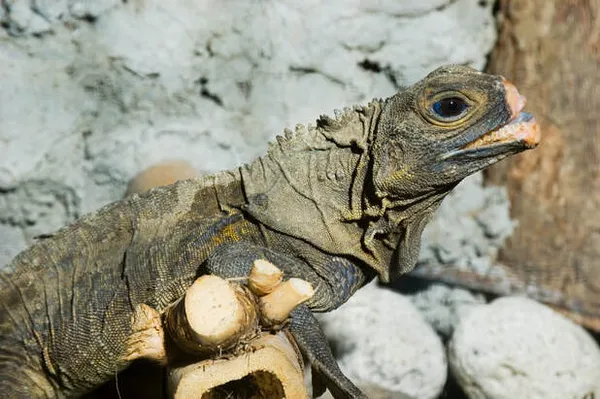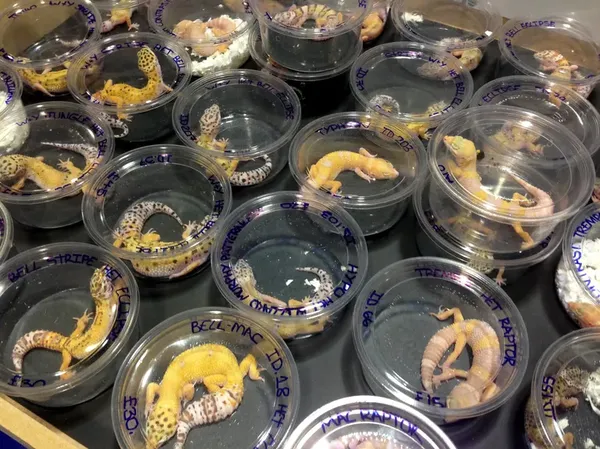Meerkats, macaws, seahorses, foxes, anacondas… the list goes on. In fact, there are over 13,000 species in the international pet trade and many millions of animals are sold1. For most species traded as pets, information on how to keep them in captivity is sparse, and available guidance is often based on hearsay rather than scientific research2.
In the UK, there are few restrictions on what type of animal can be legally kept as a pet. The exotic pet trade thrives on buyer ignorance and commonly misdescribes exotic animals as ‘easy to keep’ when, in fact, their complex needs may be impossible to meet in ordinary homes1.

